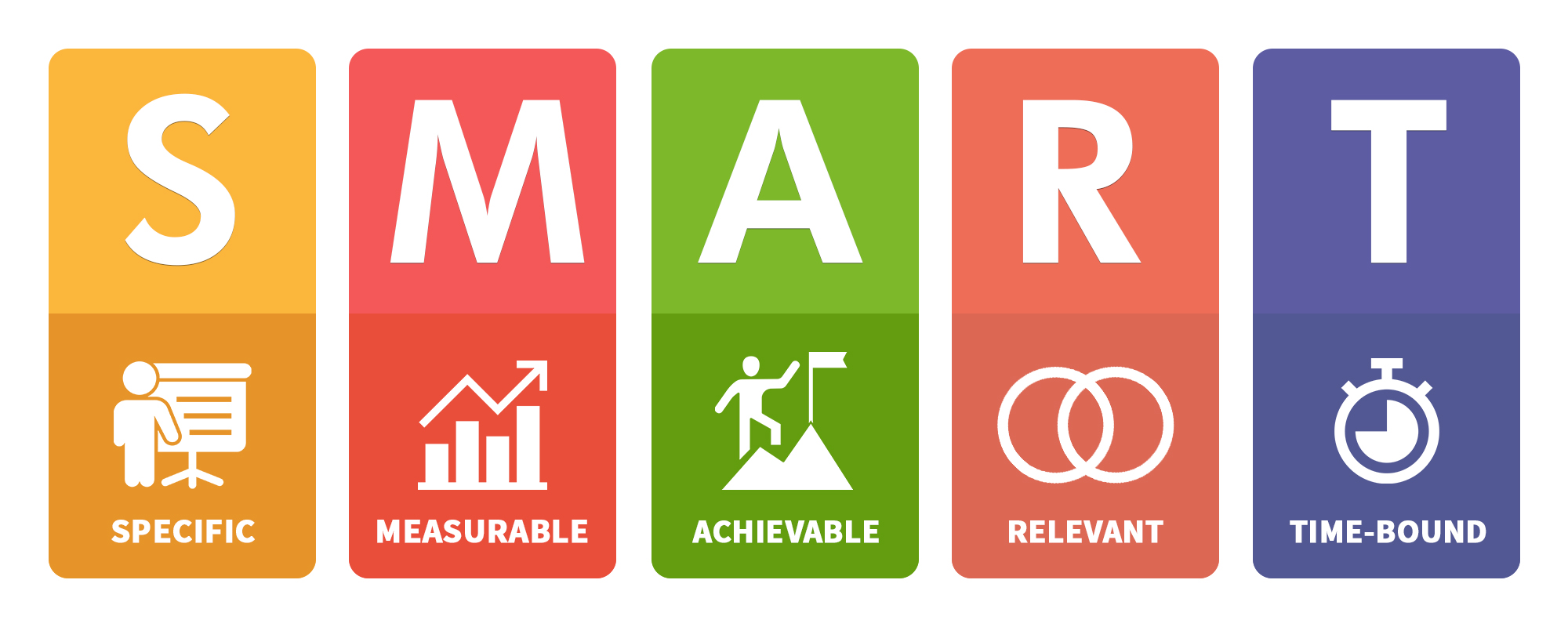Take Charge of Your Goals
Empower yourself on the path of success by taking Action the right way (6 min read) – Issue #83

Setting goals is an integral part of personal and professional growth. Goals give us direction, purpose, and a sense of accomplishment when we achieve them. However, merely setting goals is not enough. To truly make progress and achieve success, it’s crucial to take charge of your goals and actively work towards them. In this Newsletter, we will explore the importance of taking charge of your goals and provide practical strategies to empower yourself on the path to success.
The first step in taking charge of your goals is to define them with clarity. Vague or ambiguous goals can leave you feeling overwhelmed and directionless. Use the SMART (Specific, Measurable, Achievable, Relevant, Time-bound) framework to make your goals concrete and actionable. When you have a clear understanding of what you want to achieve, you can develop a focused plan of action

Make time and take action
Make time: Book an appointment with yourself to review your daily actionable item. Making time is all about prioritizing and allocating your precious resources wisely. It requires a conscious effort to identify your most important tasks, responsibilities, and goals.
Making time declares that YOU matter.
It’s a commitment to YOU and YOUR values, priorities, and goals

.
Making time is an essential change habit. If you don’t make time, time will be taken from you. You’ll be pushed and pulled by other obligations. Something will always come up, and there’s never a “perfect time”.
Whether it’s for your education, or your health and fitness, practicing making time also helps you practice valuable life skills, such as:
Identifying what is important to you: How you spend your time reveals what you really value. If you value growth and learning, give it time and attention.
Asking or negotiating for what you want and need: Be your own advocate. For instance, to make time for reading this newsletter may mean you need to ask other family members to give you quiet time.
Realistically assessing your own capacity: By making time and noticing how long specific tasks require, you can more accurately calibrate your own expectations… just like you use data about what actually happened to help set realistic expectations.
Looking ahead, planning, and preparing: This can be a simple calendar check each day, or a more complex weekly plan.
Anticipating obstacles: You’ll probably need a Plan B (and C, and D…).
Treating unexpected challenges as normal: Rather than getting knocked off track, you can flow with what life offers you.
Take a 5-minute action: Do a very small action today that moves you towards your goals. Taking a 5-minute action helps you get moving. Like making time, taking a 5-minute action teaches us valuable life skills:

Action often comes before motivation, not the other way around. It’s easy to look for the “motivation secret”, assuming it will come first and then push us to act. Instead, it’s usually only after we’ve done something that we feel motivated.
A tiny action helps us bust out of procrastination and “feeling stuck”. All we must do is get started. Most of the time, getting started is the hardest part.
Small actions create momentum. 5 minutes on one tiny task can lead to other things. For instance, maybe you go for a walk for 10 minutes… and then another… then you think another 10 minutes can make it 2 kms so let me do it.. It’s a snowball.
Action is empowering. We want to feel inspired and energized. The more we act, the better we feel… and the more we are ready, willing, and able to keep going.
Action is satisfying. It’s real. It happened. If you went to bed a little earlier or replenished after a hard workout with a healthy meal, you feel good about it.
Action is evidence. It can be measured. It gives us data. Action is a life experiment that shows us what to do next.
Set reasonable & realistic expectations.
A little effort, made consistently, wins the long game.
You may find that you need to refine your learning goals and expectations to match reality and your own capacity.
Just like everyone else you might be busy juggling other demands. Working long hours. Caring for family. Feeling stressed. Trying to manage a business. And so on.
That’s OK. It’s normal.
Do less but do it more consistently.
You never have to put in a “perfect”, 100% effort… as long as you’re consistent.
Of course, putting in more effort, more often, gets more results.
But it’s all about sustainability:
When putting in less effort, consistently, you are more able to stick to your goals over the long term.
Think on a continuum.

Instead of all-or-nothing thinking, I encourage people to work on a continuum, looking for ways to try a ‘little better’.
I ask my mentees what type of person they want to become. This might be a healthy and fit person, or someone very adventurous, or simply living a fulfilling life. Then I ask them to imagine:
What does this kind of person do?
What might their daily life involve?
What behaviors might they do consistently?
How might they think, or approach problem-solving?
Now, apply this same kind of thinking to your goals.
For Example – You want to be of ideal BMI. Ask these questions before any action.
Will the ‘person with ideal BMI’ take lift to go two floors or walk up the stairs?
Will he order Salad or Burger at a café?
Will he sleep consistently at a scheduled time or watch TV till late.
And so on..
Write your own manual.
What’s one small thing I could do today, and every day, to stay on track with my goals?
What does a healthy person do?
What about someone who sticks to the calendar even through life’s other demands?
What’s a “5-minute action” version of whatever you imagine?
Time management and goal setting self-assessment.
Give yourself 1,2,3 points based on answer of Never, Sometimes and Always to the points below.
- I use a calendar (and/or other management tools) to capture my activities, appointments, deadlines, etc.
- I check my calendar (and/or other management tools) nearly every day.
- I know what my priorities, goals, and important values are, and I organize my time around them.
- I review my priorities and goals regularly, and update them as needed.
- I make lists of my tasks and review the list regularly.
- I actually complete things on my task list.
I anticipate things (such as deadlines) that are coming up, and prepare in advance.
- In general, I know how long most tasks will take me, and I set realistic timelines for finishing things.
- I know when I have the most energy and focus, and try to use that time for the most challenging tasks.
Look at items where you answered ‘always’ and high-five yourself. Then, think about how you can keep those areas strong and vibrant with practice.
Look at items where you’ve answered ‘never’ or ‘sometimes’, and consider whether you might explore improving them to help yourself reach your goals more effectively.




